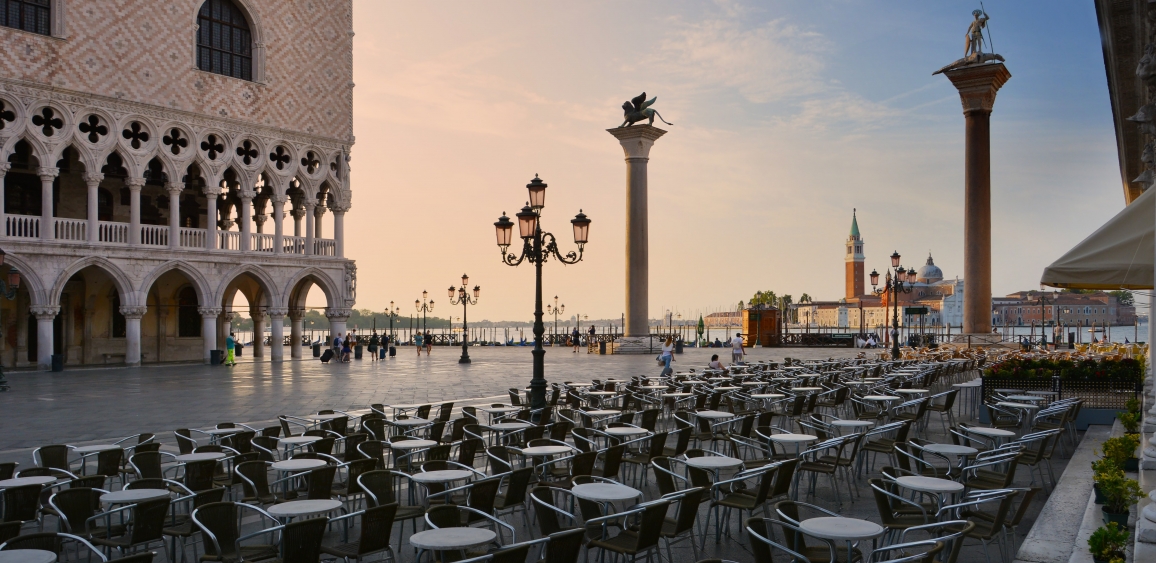Matelda Reho, Giulia Lucertini, Università Iuav di Venezia
The debate on urban food strategies is increasingly active, and there have been numerous meetings, especially in recent months, to discuss the topic. This is because we are currently in a more mature phase, in which it is possible to formulate evaluations and dissolve some of the knots related to the governance of the ongoing processes, to the institutionalization of tested forms of action. In this context, spatial planning seems to be absent, at least specifically in our country.
The discussion space made available by Urban Promo and the concomitant celebration of the fiftieth anniversary of the establishment of the first degree course in urban planning in Venice, are an opportunity to highlight new fields of urban and territorial planning, among which food must surely find a place.
The seminar is, on the one hand, an opportunity to get an overview of the initiatives that have taken different forms, some traceable to a legislative framework of reference, while others are not; on the other hand, it is an exploration in search of examples, in urban and territorial planning, that have fully embraced the instances of food policy. In addition to the few, but intense initiatives for the construction of urban food strategies – which gather and catalyze the great enthusiasm of many stakeholders – more recently there have been processes that have direct normative references in the so-called “Food Districts”, “Food Communities” or specific food chain agreements that establish very effective interactions between producers and consumers.
In the same way as it has been experimented for years at an international level, is spatial planning making its own specific contribution to food issues? Is it possible to speak of revisitation and innovation in traditional approaches and tools?
Italiano

Contributions